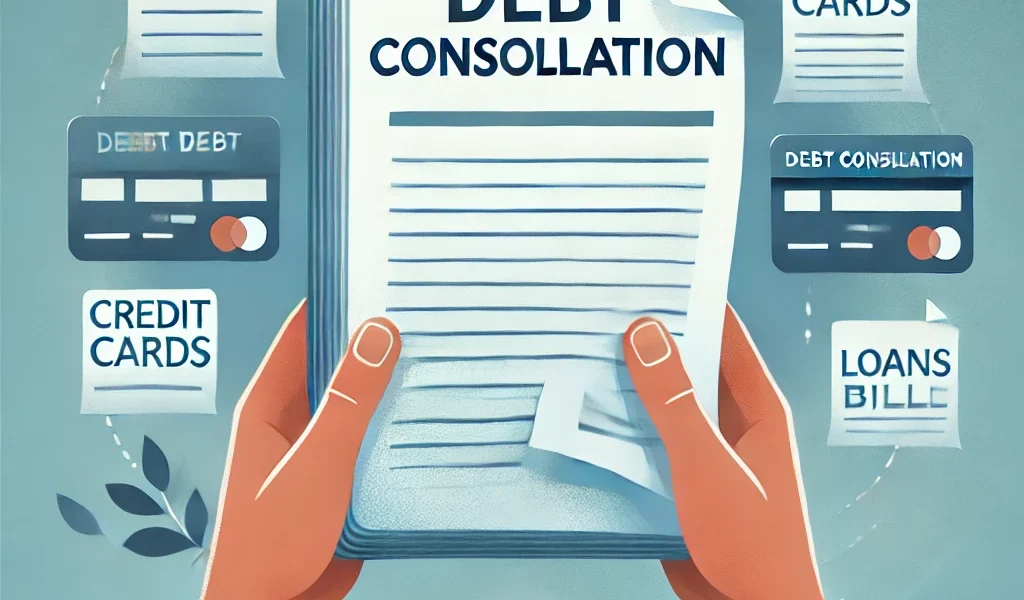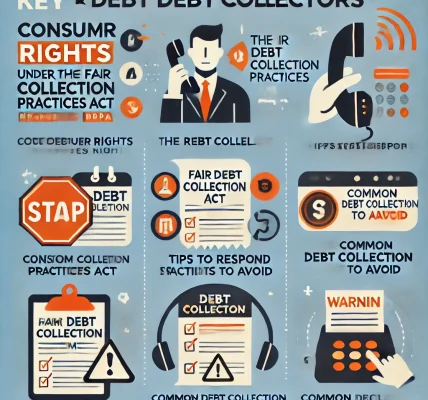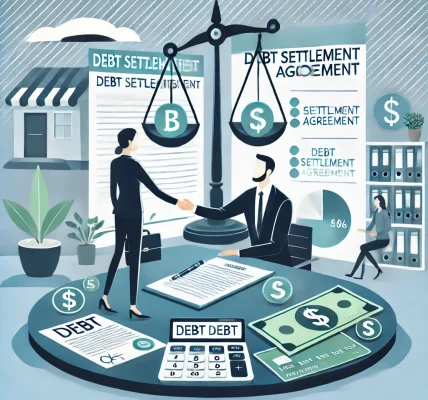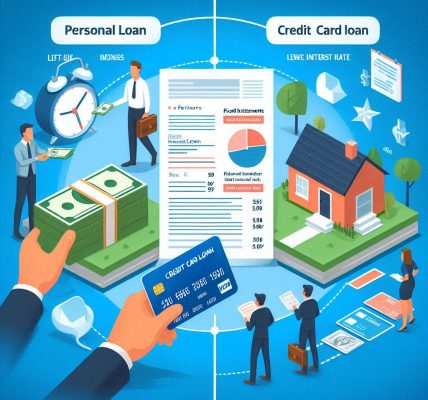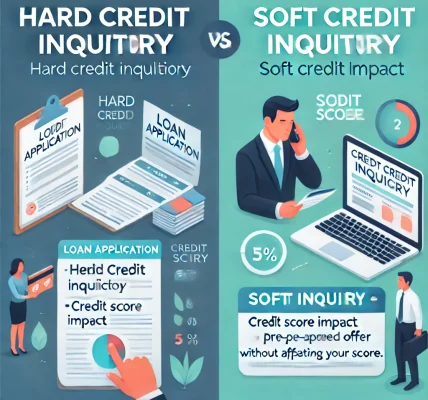Managing multiple loans can feel overwhelming, and the constant juggling of due dates, interest rates, and monthly payments can leave you stressed. If you’re struggling to keep up with various debts, debt consolidation may be a game-changer. In this blog, we will explore how debt consolidation works, its benefits, and why it might be the smart solution to regain financial control.
What is Debt Consolidation?
Debt consolidation is the process of combining multiple debts into a single loan, typically with a lower interest rate. This means you’ll only have to make one monthly payment to pay off your debts instead of managing several individual ones. Debt consolidation can involve combining credit card debts, personal loans, medical bills, or even student loans into one payment.
This process can be done through a debt consolidation loan or a balance transfer credit card, which offers an introductory 0% APR for a certain period.
Benefits of Debt Consolidation
1. Simplified Payments
One of the most significant benefits of debt consolidation is the convenience of having only one payment to manage. No more keeping track of multiple due dates or remembering to make payments to different creditors. You’ll have a clear and simplified payment plan.
2. Lower Interest Rates
If your credit score has improved since you took out your original loans, you may qualify for a debt consolidation loan with a lower interest rate. This means more of your monthly payment goes toward paying down the principal instead of just covering interest charges.
3. Improved Credit Score
Debt consolidation can potentially improve your credit score over time. By paying off existing debts and focusing on one loan, your credit utilization rate may decrease. As a result, you may see a gradual increase in your credit score, which can open doors to better financial opportunities in the future.
4. Stress Reduction
When you’re able to manage only one loan with a lower interest rate, it can significantly reduce your financial stress. Having a clear path to pay off your debt may bring peace of mind, allowing you to focus on other financial goals.
5. Potential for Lower Monthly Payments
In some cases, debt consolidation may offer a longer loan term, which can reduce your monthly payment. While this means it will take longer to pay off your debt, it can ease your monthly financial burden.
How Debt Consolidation Works
The process is simple but requires careful planning. Here’s a breakdown of how debt consolidation typically works:
- Assess Your Debt – Begin by reviewing all of your outstanding debts. Take note of the total amounts, interest rates, and due dates for each loan or credit card.
- Choose the Right Debt Consolidation Method – Debt consolidation can be done through a personal loan, a balance transfer credit card, or a home equity loan. Each option has pros and cons depending on your financial situation.
- Apply for a Loan or Credit Card – Once you’ve decided on the method, apply for a consolidation loan or credit card. If approved, the lender will pay off your existing debts, and you’ll be responsible for making payments on the new loan.
- Make One Monthly Payment – After consolidating your debts, you will only have one monthly payment. Be sure to make consistent payments to avoid penalties or late fees.
Is Debt Consolidation Right for You?
Debt consolidation isn’t for everyone, and it’s essential to consider your unique financial situation before proceeding. Here are a few things to keep in mind:
- Interest Rate: If your consolidation loan has a higher interest rate than your existing debts, consolidation may not be the right option.
- Credit Score: A higher credit score can help you secure a consolidation loan with better terms, so consider checking your credit report before applying.
- Debt Amount: If your debt load is unmanageable, debt consolidation alone may not be enough. It may be worth exploring other options like debt counseling or bankruptcy.
Common Debt Consolidation Mistakes to Avoid
While debt consolidation can be a useful tool, it’s important to avoid certain pitfalls:
- Falling into Old Habits – Once your debts are consolidated, avoid accumulating new debt. Keep your credit cards in check and make sure you’re living within your means.
- Ignoring Fees – Some consolidation loans or balance transfer credit cards come with fees. Be sure to understand the total cost of the loan, including fees, before committing.
- Missing Payments – Missing payments on your consolidation loan can harm your credit score and defeat the purpose of consolidating in the first place. Set up reminders or automatic payments to stay on track.
Conclusion
Debt consolidation can be an effective strategy for simplifying your finances, lowering interest rates, and reducing monthly payments. However, it’s crucial to weigh the pros and cons, and carefully consider your options before committing. By making an informed decision, you can take control of your finances and work toward becoming debt-free.
If you’re dealing with multiple debts and struggling to stay on top of payments, debt consolidation might be the smart solution to help you regain financial peace of mind.
Ready to take the first step toward consolidating your debt? Start by evaluating your options and find a solution that works best for you!
